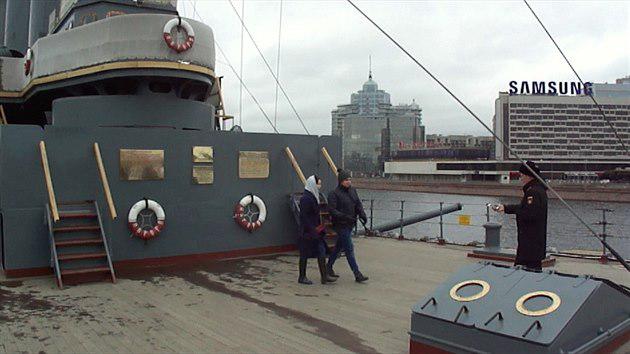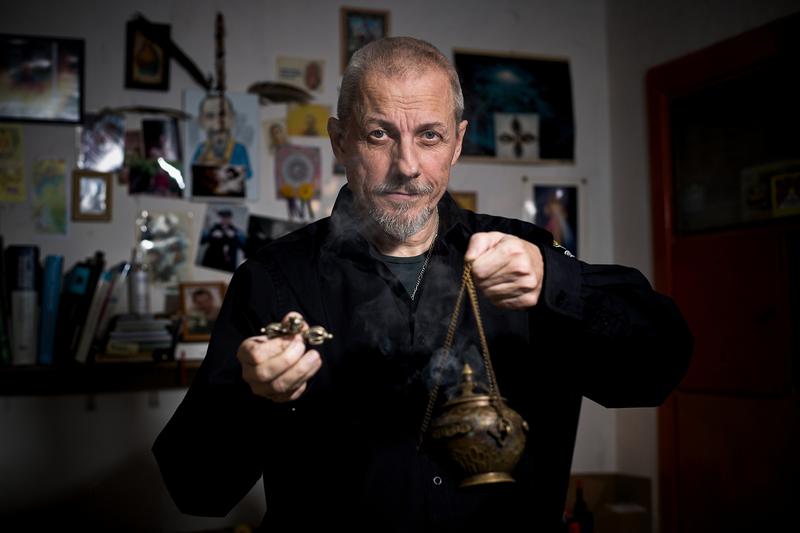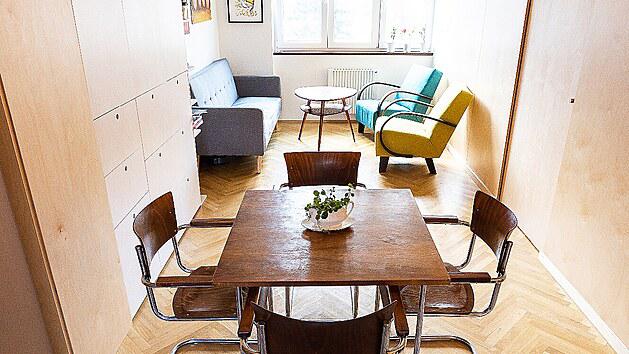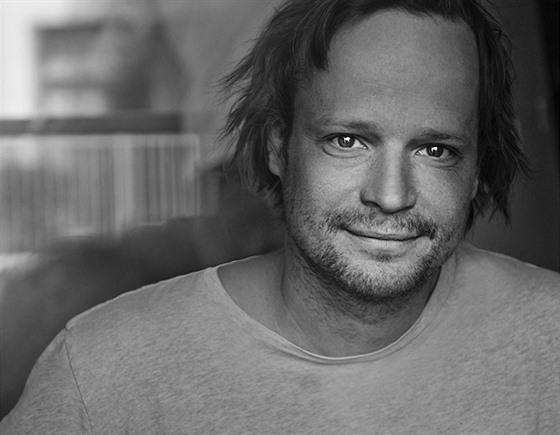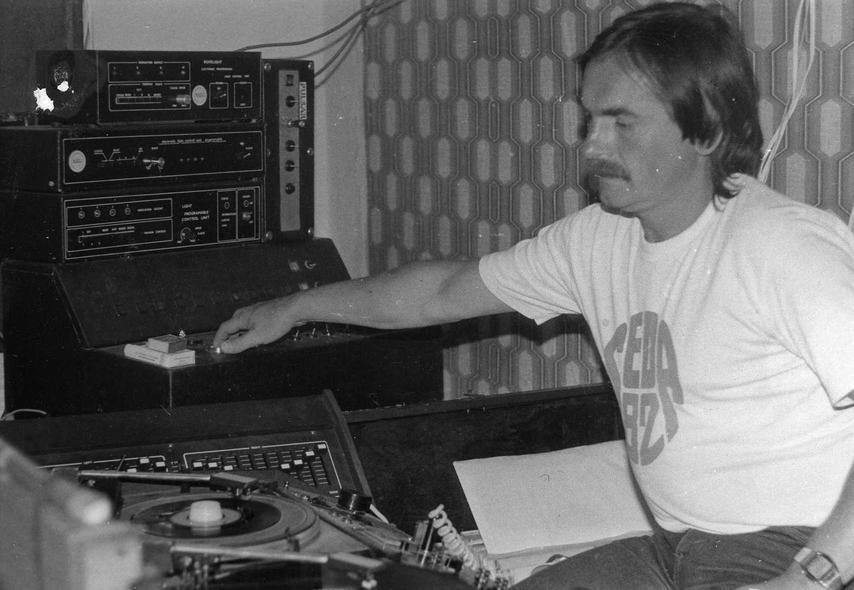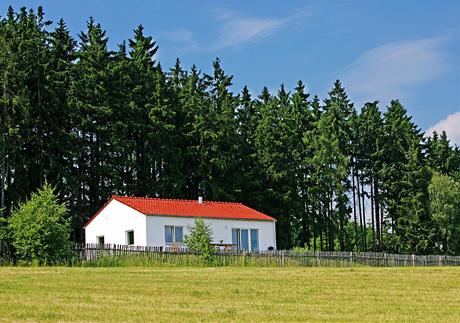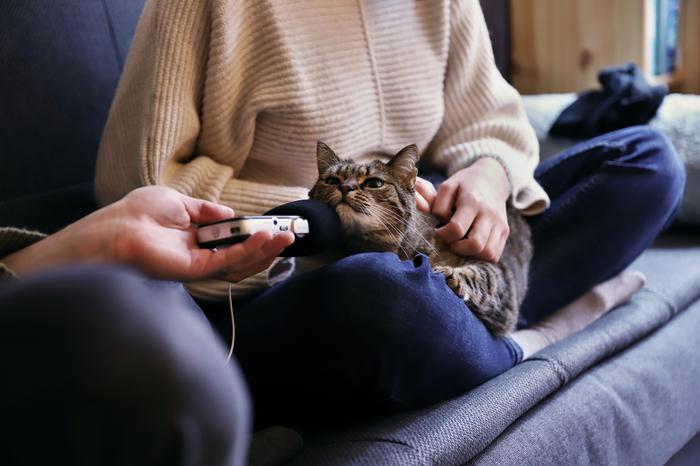
The Czechs have lived in Papua for three years. It was a shock at first, but they do not regret it
In the capital of PNG (Papua New Guinea) Port Moresby, at first glance, as in many modern metropolises, there are several tall buildings, beautiful populated resorts, lots of hotels, shops, restaurants, bars and shopping malls where you can find anything, unlike other cities and villages where you can find almost nothing.
Unfortunately, the capital is known for its high crime rate, which the government is trying to combat. Only a minimum of tourists dare to go somewhere on foot in the evening, even if only for a pack of cigarettes. After all, it is not even recommended to them.
| 30 photos |
People from nearby and remote towns and villages are moving to the capital to see a better life. Some are lucky enough to find a job in a hotel, shop or company. Others live in slums and on the streets.
In Papua, in my opinion, there is no middle class. It's quite expensive here, even for us. For example, one liter of milk costs 50 crowns. Prices here are similar to those in Australia, but far from such wages. For example, the poor locals buy only rice and soap.
Few can afford a house or a car because they are very expensive. Most people here can't manage money. Those who do not have to hand over money to the family tribe spend it very quickly and no longer have food for the next day.
There is a so-called OneTokSystem, which determines the people from one village - tribe, that everything they earn must be handed over to the chief and everyone in the family will then share the earnings and divide them into various expenses, such as food, school or medicine.
Our first house in the mountain town of Goroka
The first steps after our arrival took us to the mountain town of Goroka. When we got off the plane then, it was an absolute shock for us, I felt like I had a bad dream.
We saw squeezing natives in dirty T-shirts and behind barbed wire waiting for their relatives from the plane. It was very ugly that day, it was raining, there was mud and dirt everywhere. I don't remember anything from the trip to our camp. I just wanted to wake up from that nightmare.
I calmed down slightly as we drove into the campsite, which stood behind a high fence with guards, and I saw four nice wooden houses on high stilts. Only then did I notice that our area is fenced with barbed wire, like all the houses in all of Papua.
Each house has an assigned guardian and dogs. We gradually bought nine dogs. We lived in one house, my husband's colleagues in the others - Filipino, Austrian and Belgian.
I didn't calm down until I saw the house equipment. It was standard with bathroom, toilet, living room, bedroom, kitchen and terrace overlooking the jungle. But the Pacific Ocean was unavailable. The roads are very bad. Only a few are maintained. The water can only be reached through the jungle.
The couple had their first house rented in the town of Goroka. They lived in the left house for two years, in the other houses lived Filipino, Austrian and Belgian.
Goroka has a pleasant climate between 20 and 30 ° C, mostly under a cloud. It is colder in the morning and in the evening, and during the day the temperatures climb to a pleasant 25 degrees. So there is no need for air conditioning during the day and heating at night.
In remote villages outside the city, they do not have water or electricity brought to the huts, it is a bit like the Stone Age. He cooks on the fire and hunts cassowaries (a large ostrich-like bird) in the rainforest. Many of them have never seen a flush toilet or a classic bed.
In the shack, he usually sleeps on the floor around the fireplace. Surprisingly, the huts do not have a smoke escape hole, as they believe in witchcraft and that an evil spirit can fly through the chimney and enchant them. They collect rainwater or take it from a stream, where they also wash dishes or wash clothes.
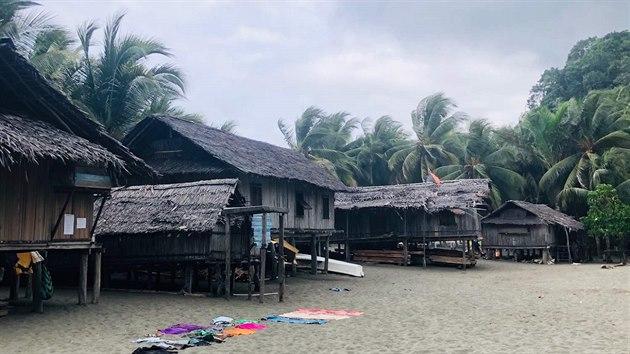
Most natives make a living from small livestock or agriculture. With what they grow, they walk for hours from the village to the city, hoping to sell everything at the nearest market. Those happier own a coffee or vanilla plantation.
We now live in Wewak
After two years in Gorka, thanks to a new work project, we moved to the seaside town of Wewak, on the east coast of the crocodile river Sepik. Where I get to the ocean. We live on the peninsula. The temperature here is high, around 35 to 40 ° C. Humidity is 90 percent. Ideal for lovers of tropical climates. We can no longer do without air conditioning.
We live in a protected area behind a barbed wire fence and have a paid local security agency that guards us 24 hours a day. We also had this security measure in our previous housing. This is a necessary standard.
In our camp, which is located in the area behind the local hospital, we have land without other neighbors, on which there are a total of three semi-detached houses of about 150 square meters. Only we and one local hotel have a swimming pool. The houses were designed by a husband, all at the expense of the employer.
The couple now live in a protected area in Wewak.
We live on 70 square meters. We have two bedrooms, living room with kitchen, bathroom with toilet and storage room. The equipment is imported from the Czech Republic.
Housing is expensive here. Natives who have a minimum wage of 25 crowns per hour (those more capable around 40 crowns per hour) really cannot afford to live in standard dwellings. Usually, the houses are made of natural materials, from what they can find on the street or buy at the local market.
Water is cheap but not drinkable
The more affluent people here, mostly plantation owners, smaller companies or employees of foreign investors, can now rent or buy a house. For renting a furnished house with three bedrooms and two bathrooms, the price can be around 50 thousand per month.
The cost of living (electricity, water, bins) for a classic family will cost about 7 thousand crowns a month. The most expensive is electricity, which is on credit and thanks to that it does not cost defaulters. Unfortunately, the power often drops out, so we have to have spare generators. Gas is not introduced here. You can only buy gas bombs.
Water is cheap, but not drinkable. We have to buy bottled water for drinking, we have municipal water for cooking, which I prefer to boil even though we have various filters and UV lamps installed.
On the beaches of Wewak stand instead of luxury resorts houses of locals.
We have our own sewer system with a septic tank, other houses usually do not have it and use a sewer to the sea or the jungle.
We use pool maintenance and a gardener. Some of her husband's colleagues have a housekeeper, a cleaning lady and a nanny. I clean myself. The housekeeper and the cleaning lady need to be taught everything, because they have never lived in the house. I understand that, but I don't have the nerve to do it.
I don't do gardening, I'm happy when my basil grows. The growing conditions here are not very ideal. All vegetables must be imported from other parts of the country. But several colleagues thrive in melons, pumpkins and chili peppers in the garden.
A Papuan is a lifelong friend
The environment in the town of Wewak is much nicer. There is pleasant sea air and all-day sun. People are cleaner, there is not so much mud, there is also less rain than inland. Locals make a living from fishing or work in a large fish factory, from which tuna, for example, are exported all over the world.
As in other coastal countries, there are beautiful long sandy beaches. But there are not many luxury resorts with sunbeds and staff. Most of the land is privately owned and it takes a very, very long time to allow and build something.
How to live abroadDo you live or have you lived abroad? Send us your story, in which you describe your experience with living abroad to e-mail: bydleni@idnes.cz under the title Czechs Abroad. Please attach a few pictures of your apartment, room or family house to the text. Thank you in advance for your stories. |
The real estate cadastre doesn't work very well here. Between the individual tribes, the borders are set only by unwritten customary law and oral agreement. When tribal chiefs quarrel, for example over the sale of land, disputes often arise that result in a bloody tribal war. Instead of resorts, there are natives' shacks on the beaches.
There's not much to do in Papua. There is no cultural activity except for nature trips, which are beautiful and unexplored. I'm at home and I'm used to the fact that I can't go anywhere unaccompanied, not even to the store. We have to drive everywhere.
Fortunately, nothing bad has ever happened to us, but we are careful and we try to avoid any threat or street unrest. It is like stabbing a wasp's nest against each other.
People here are very illegible and you never know exactly what to expect from them. Whether in the best case it will be "only" a robbery or a nice smile or a caress on their hair or shoulder as a sign of their affection and invitation to their village.
On the other hand, if you give them a job or go to a village trip with them, they will always take you under their wing, treat you like another family member and defend you against possible attacks from another tribe, which are still on the day. okay. If a Papuan likes you, you have a friend and a protector for life.

